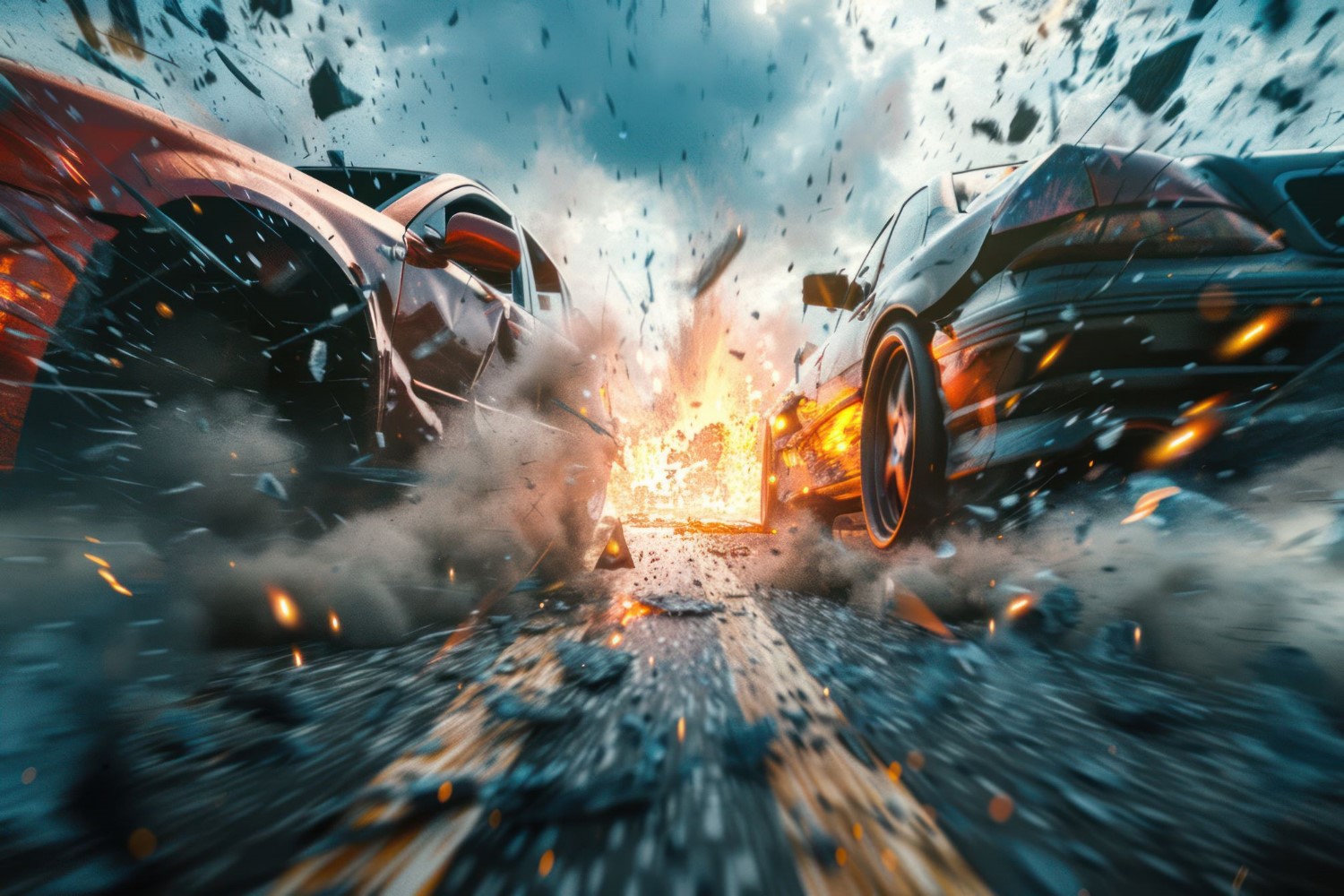Racing Accident Checklist: Essential Actions to Take
You’ve probably watched the Grand Prix or NASCAR Cup Series and experienced the thrill they so effortlessly bring. Unfortunately, racing accidents are unavoidable.
Whether professional or amateur, racing is amongst the most exciting sports that really take man and machine to their respective limits. The rush of adrenaline, the intense competition, the urge to win… all this is what drives them to the racetrack.
However, it’s pivotal never to forget there are inherent risks to racing. Accidents do occur, which sometimes can be fatal crashes or minor ones that could still leave racers and other participants in critical conditions.
Knowing what to do in those crucial moments makes all the difference in securing your safety, looking after your legal rights, and even dealing with the aftermath. Read on as we discuss the necessary actions to take after a racetrack accident.
Prioritize Safety and Seek Medical Attention
Safety first. That’s the most important thing right after any race accident occurs. Take a close look at your situation. Are you and the people involved safe? Then, move to a secure location away from the track.
Next thing you’ve got to do is look for any injuries. Sometimes, you won’t feel any pain; nevertheless, go and seek medical attention in case of any impact or collision. Injury may not be easily noticed with conditions like concussion or inner bleeding. According to statistics, nearly 1.35 million people are killed or disabled in traffic accidents each year. Taking heed of this tip is key if you don’t want to become part of this number. (1)
And don’t forget to keep your medical records, including bills, diagnoses, and treatments, on file. Why? As you work with a New Jersey auto accident lawyer or any legal pro you prefer (more on this later), these documents would be some of the most important pieces of evidence they can use to build a strong case on your behalf whether you’re negotiating with insurance companies or pursuing a lawsuit. This information could definitely increase the chances of a favorable outcome.
Contact Authorities and Gather Information
You’re safe and have already sought medical attention. What to do next? Report the accident to the relevant authorities. Notify race officials, track security, or the local police, depending on the severity and the location of the accident.
Next, gather information from other parties involved in the accident. Exchange names, contact details, insurance information, and vehicle details. Are there any witnesses? Get their statements and contact information. Their accounts can be crucial in the deposition process as they’ll help establish liability and in understanding the sequence of events that led to the accident.
Finally, document the scene of the accident as thoroughly as possible. Take photographs or videos of the vehicles involved, any damage to the track or surrounding area, and any other relevant details. If you’ve got any physical evidence of damaged racing gear, parts from your vehicle, or any other related items, place those in a safekeeping area. These can serve as crucial pieces in establishing liability or in showing the extent of the damage.

Notify Your Insurance Company
Contact your insurance company as soon as possible to report the incident. Provide them with all the relevant information you’ve gathered, including the date, time, and location of the accident, the names and contact details of other involved parties, and any witness statements you’ve collected.
Be prepared to answer questions about the accident and provide any documentation requested by your insurance adjuster. It’s important to be honest and transparent throughout the claims process. Cooperate fully with your insurance company but avoid admitting fault or signing any documents without consulting an attorney first, especially if the accident was serious or involved injuries.
According to statistics, the average window between injury and payout is 11.2 months, though it can be shorter or longer. So, have everything in order when dealing with the insurance company. Again, remember that insurance companies are businesses, and their primary goal is to minimize their payouts. An experienced attorney can be a great ally in these circumstances. Apart from being a mighty protector of your rights, they’ll also pull all the stops just to ensure you receive fair compensation for any damages or injuries you’ve sustained. (2)
Consult With an Attorney
Attorney consultation is highly advisable if the racing incident caused serious injuries, loss of life, or an entanglement of complex legal issues. Legal experts will be of invaluable guidance and counsel to the survivor through the ordeal of the legal process.
They can help you understand your rights and how strong your case is. You can also count on them for recommendations on the most appropriate course of action for your situation. They may also be in a position to communicate on all levels with insurance companies, negotiate on your behalf, and represent you in court if need be.
Ask your prospects about their experience, success rate, as well as fees, so you’ll be able to pick the most suitable attorney for your case. Survey shows that 74% of car accident victims with attorneys recovered compensation from at-fault drivers while only 54% sans lawyers got compensated. So, with the right lawyer by your side, you’re boosting your chances of winning a claim. (3)
Conclusion
Racing accidents, while unfortunate, are a possibility that all racers must acknowledge. Being prepared and knowing what to do in the aftermath can make a significant difference in protecting your rights and ensuring your well-being. Stay safe on the track, and remember, preparation is key.
References:
